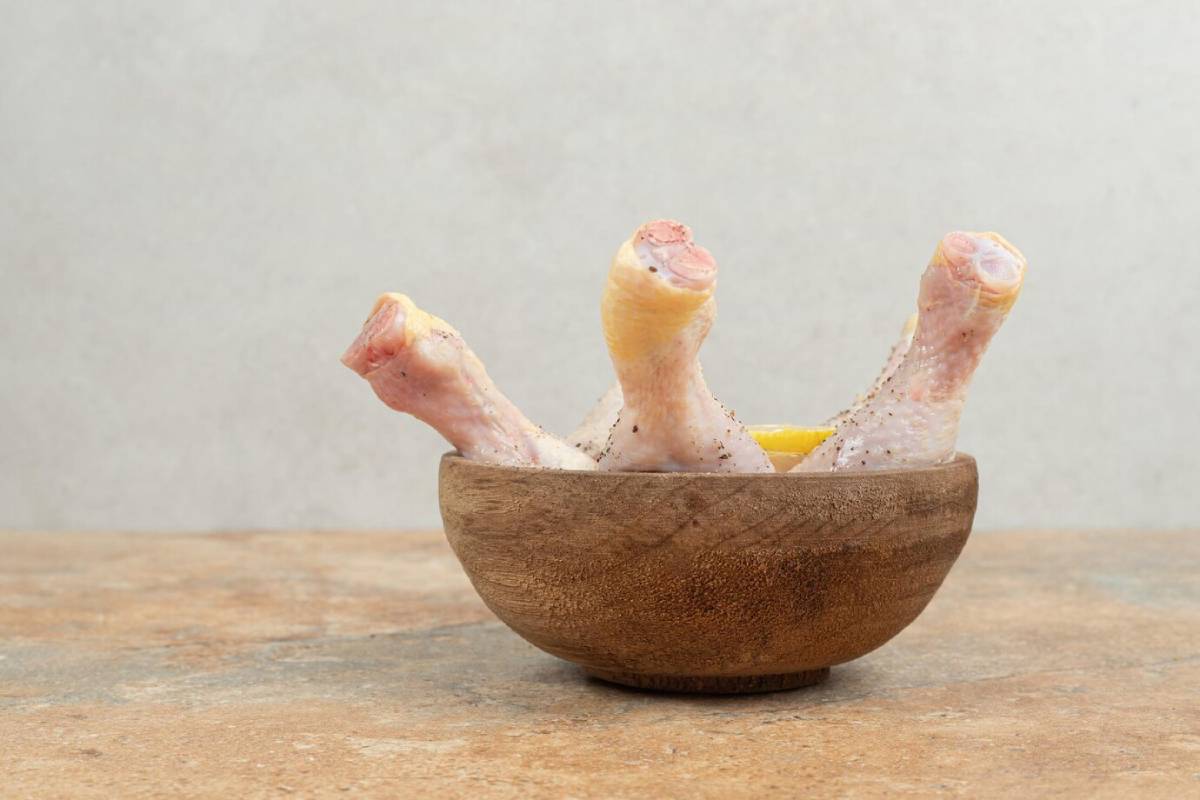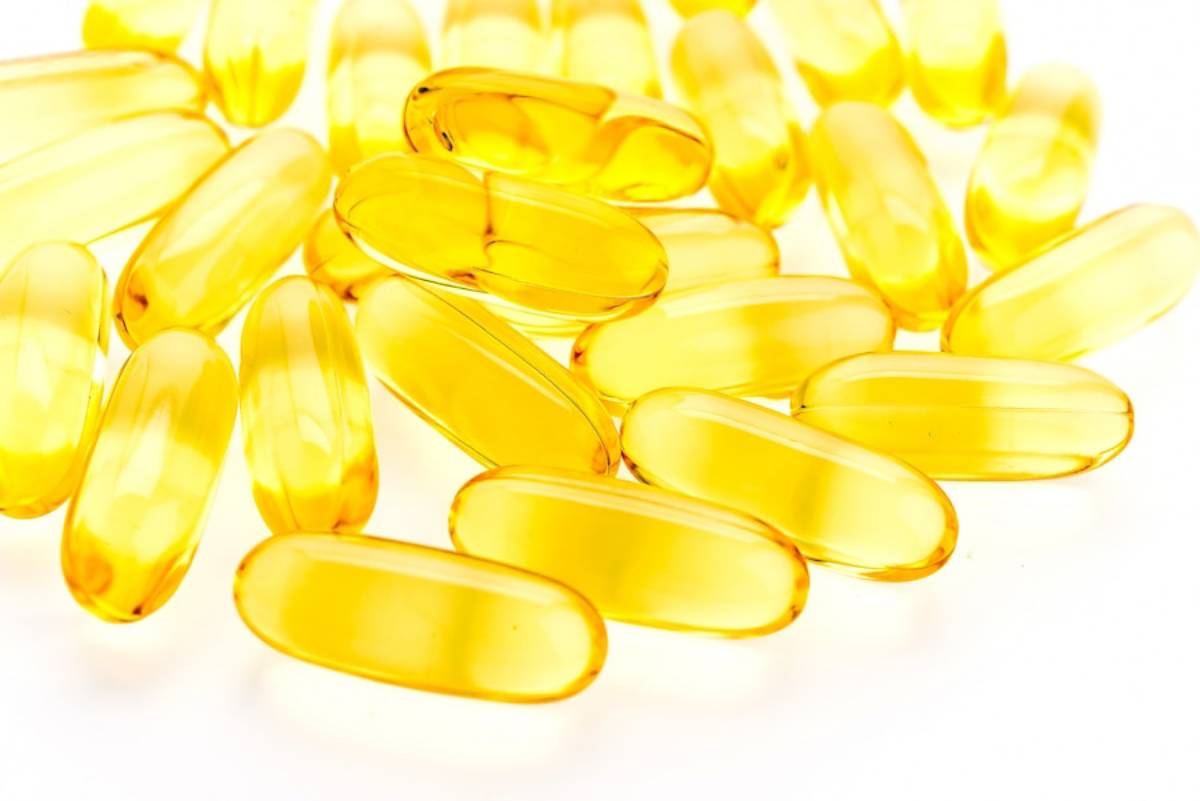
Essential Supplements for Homemade Dog Food
You’ve decided to ditch commercial kibble and take your dog’s diet into your own hands — literally. Maybe it’s because you’re after fresher, less processed ingredients. Or perhaps your pup has sensitivities you’re trying to manage. Either way, switching to homemade dog food is a beautiful act of care, but it also comes with responsibility.
The catch? Even the freshest, most lovingly cooked dog meals can fall short nutritionally. Dogs, like us, need more than tasty food — they need balanced food. And that’s where dog food supplements come in.
In this post, we’ll walk you through the essential nutrients for dogs that are often missing from homemade diets and show you exactly how to fill those gaps. From omega-3 oils to joint support, we’ve got your back — and your dog’s health — covered.
Hitting Nutritional Balance: Why It’s Tricky at Home
Homemade food is wonderful — you control the ingredients, the quality, and avoid additives or preservatives. But it’s notoriously hard to get the nutrient balance just right.
The Most Common Nutritional Gaps
Veterinary nutritionists have identified several nutrients commonly lacking in DIY dog food:
- Calcium
- Essential fatty acids (especially omega-3)
- Vitamin D
- Vitamin E
- Iodine
- Zinc
- Manganese
Without the right levels, your dog might look healthy for months — even years — before symptoms show up. Think brittle bones, poor skin condition, lethargy, or even organ issues.
Real-Life Example
Take Bella, a 6-year-old Golden Retriever whose owner switched to home-cooked meals to avoid allergies. After a year, Bella developed joint stiffness and dull fur. She was getting loads of chicken but barely any omega-3s or manganese. The fix? A tailored supplement blend recommended by their vet. Within weeks, Bella was back to bouncing around the park.
The Core Dog Food Supplements Every Homemade Diet Needs
Let’s dig into each supplement, why it matters, and how to add it to your dog’s diet.
1. Calcium: For Strong Bones and Teeth
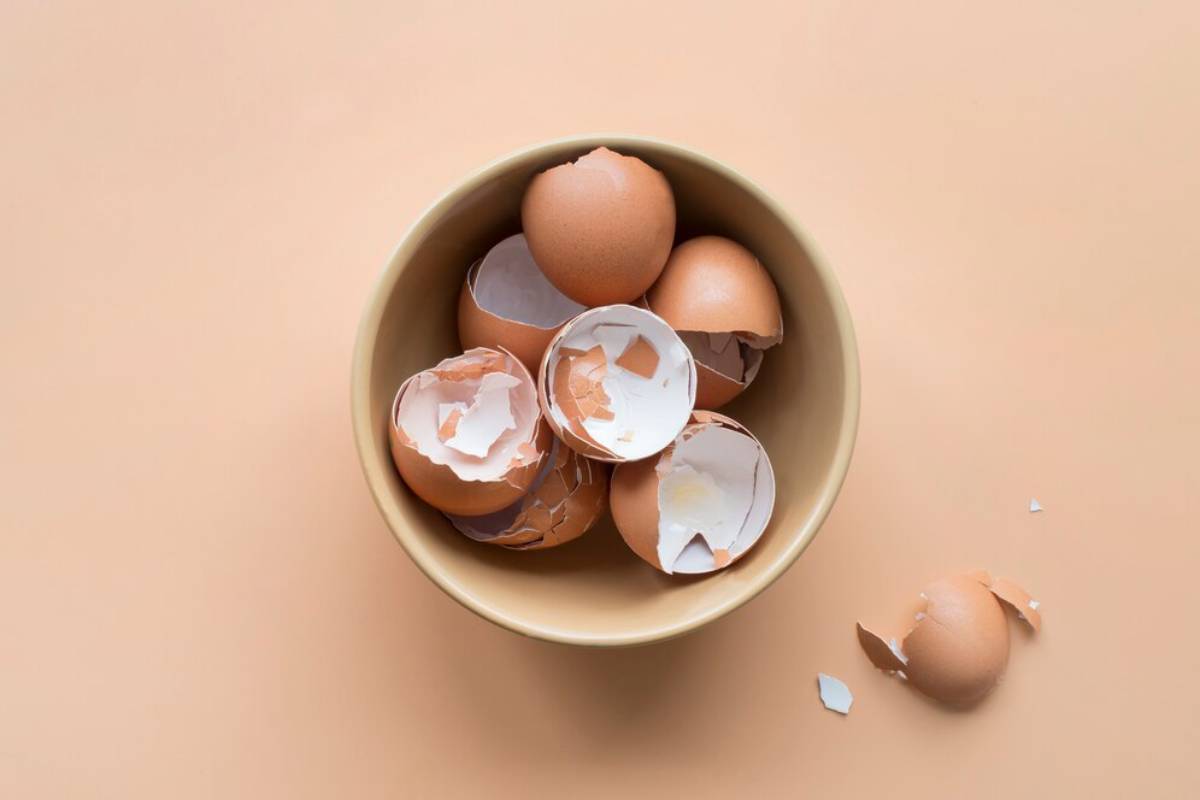
Dogs need calcium for healthy bones, nerve function, and muscle contraction. But most meats are low in calcium — and without commercial food’s fortified balance, this mineral needs a dedicated source.
Options:
- Ground eggshells (1 tsp per 450g of food)
- Calcium carbonate powder
- Bone meal (look for food-grade products)
Avoid: Feeding cooked bones — they splinter and pose a choking hazard.
2. Fish Oil (Omega-3 Fatty Acids): For Skin, Coat, and Heart Health
Omega-3s are anti-inflammatory superstars. They support brain health, skin, joints, and even help reduce allergies.
Sources:
- Fish oil capsules (EPA and DHA)
- Salmon oil
- Sardines (fresh or tinned in water)
Tip: Store oils in the fridge to prevent them from going rancid.
3. Vitamin E: An Antioxidant Ally
Because omega-3s can deplete Vitamin E levels, it’s crucial to supplement this antioxidant to protect cells and maintain immune function.
Best form: Natural Vitamin E (d-alpha-tocopherol), not the synthetic dl-version.
Dosage: Varies by dog’s size and diet; check with your vet.
4. Vitamin D: The Sunshine Vitamin That’s Hard to Get From Food
Unlike humans, dogs can’t synthesise enough Vitamin D from sunlight. And homemade diets often fall short.
Top-up Options:
- Cod liver oil (in moderation)
- Vitamin D3 supplement (human-grade is fine in correct doses)
Note: Overdosing on Vitamin D can be toxic — always consult your vet for exact amounts.
5. Iodine: Vital for Thyroid Health
Seafood contains iodine, but if your dog isn’t eating kelp or fish regularly, a deficiency is likely.
Safe source: Kelp powder (small quantities only — start with a pinch)
6. Zinc and Manganese: Trace Minerals, Big Impact
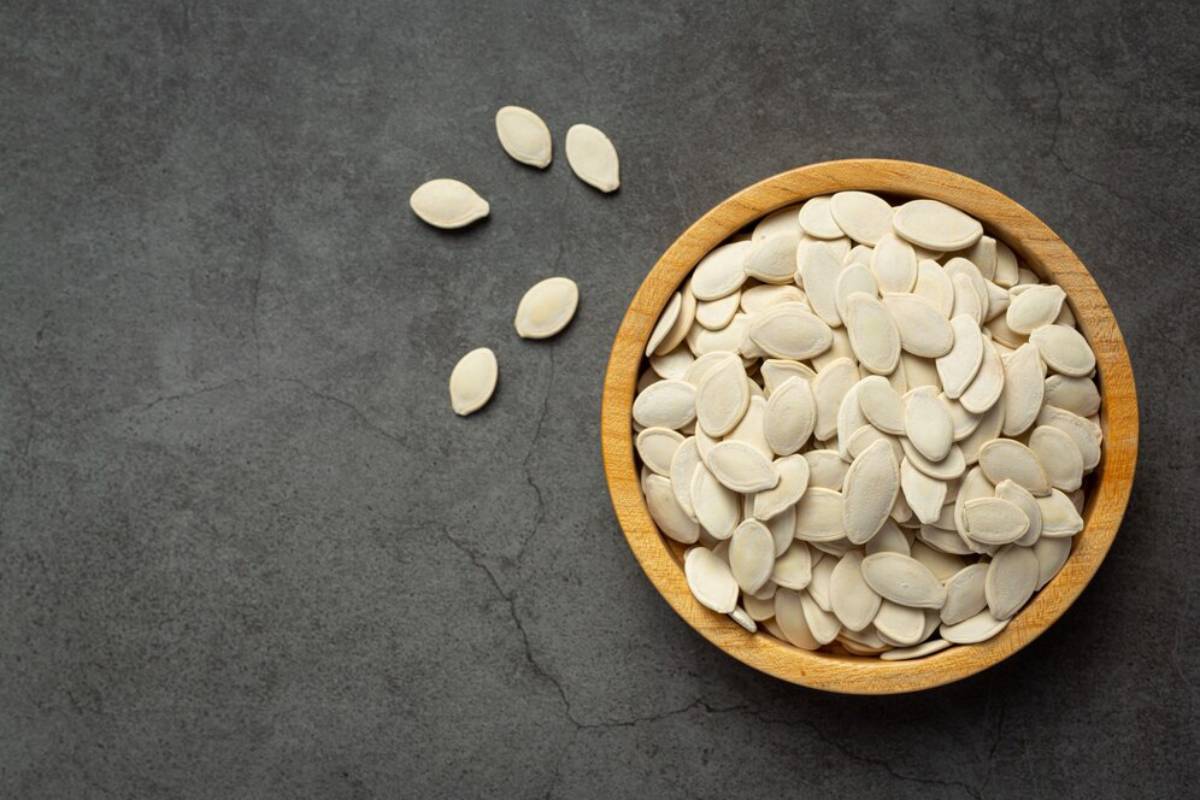
Zinc boosts immunity and skin repair, while manganese supports joint and bone health.
Supplement options:
- Dog-specific mineral blends
- Small amounts of pumpkin seeds (zinc)
- Mussels or oats (manganese)
Caution: Too much zinc can interfere with copper absorption — balance is key.
Additional Supplements Based on Your Dog’s Needs
Not every dog will need these, but they can be incredibly beneficial depending on age, activity level, or health concerns.
1. Probiotics: For Gut Health and Immunity
If your dog has tummy troubles or has been on antibiotics, probiotics can help restore balance.
Sources:
- Dog-formulated probiotic powders
- Plain kefir or unsweetened yoghurt (in small doses)
2. Glucosamine & Chondroitin: Joint Support for Seniors
For older dogs or breeds prone to arthritis, these compounds can support cartilage and reduce pain.
You can try:
- Green-lipped mussel powder
- Glucosamine supplements (chews or capsules)
3. Turmeric: Nature’s Anti-Inflammatory
Used in small amounts, turmeric may reduce inflammation and support joint health. Combine it with a healthy fat (like coconut oil) and black pepper for better absorption.
4. Digestive Enzymes: Help for Dogs With Absorption Issues
Dogs with sensitive stomachs or chronic digestive problems may benefit from enzymes that help break down food more efficiently.
How to Supplement Safely: Practical Tips
Speak to Your Vet or a Canine Nutritionist
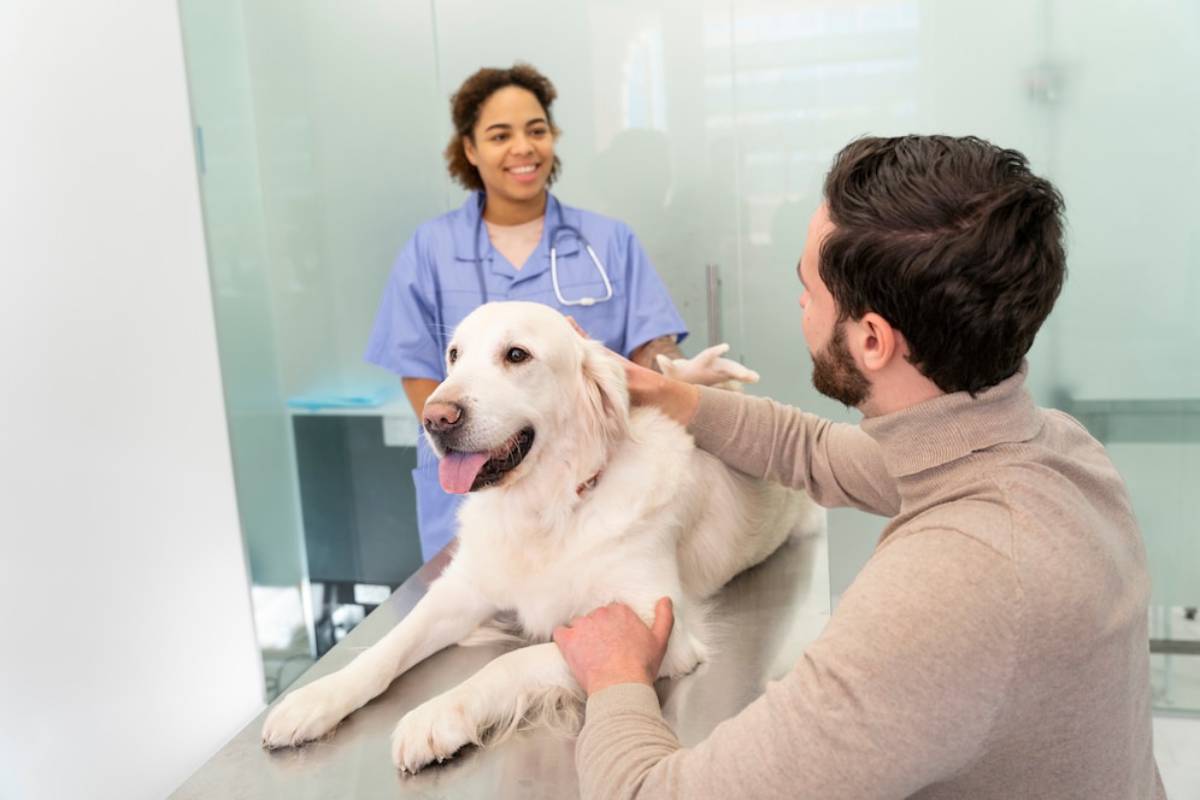
It’s always smart to build your dog’s supplement plan with a professional. They can run nutrient tests or help tailor based on breed, age, weight, and lifestyle.
Stick to Trusted Brands
Look for dog-specific products that are:
- NASC (National Animal Supplement Council) certified
- Third-party tested for purity
- Free from fillers and artificial additives
Don’t Overdo It
More doesn’t equal better. Supplementing without a plan can do more harm than good, especially with fat-soluble vitamins like A, D, and E.
Common Mistakes to Avoid
- Guessing quantities – always measure
- Using human supplements indiscriminately – some can be harmful
- Skipping days “just because” – consistency is key to seeing benefits
- Not checking for interactions, especially if your dog is on medication
Real World Story: Alfie the Lab’s Energy Comeback
Alfie, a 7-year-old Labrador, had been on a homemade turkey-and-rice diet for a year. But his energy was flagging, and his coat looked dull. His owner added fish oil, a mineral blend, and probiotics to his meals — within a month, Alfie was chasing balls with puppy-like gusto again.
Sometimes, it’s not about a big change in meals — just a few smart supplements can bring balance back.
Keeping Homemade Healthy, Balanced and Joyful
Making your dog’s food from scratch is a wonderful way to connect, nourish, and show love. But ensuring balanced nutrition is non-negotiable. The right homemade dog food additives can bridge the gap between good intentions and a genuinely healthy diet.
Whether you’re just starting out or fine-tuning your existing routine, a thoughtful supplement plan keeps tails wagging and paws moving for years to come.
Ready to upgrade your dog’s nutrition? Share your pup’s favourite meal or supplement success story in the comments. And don’t forget to subscribe for more vet-approved recipes, seasonal meal guides, and wellness tips!

